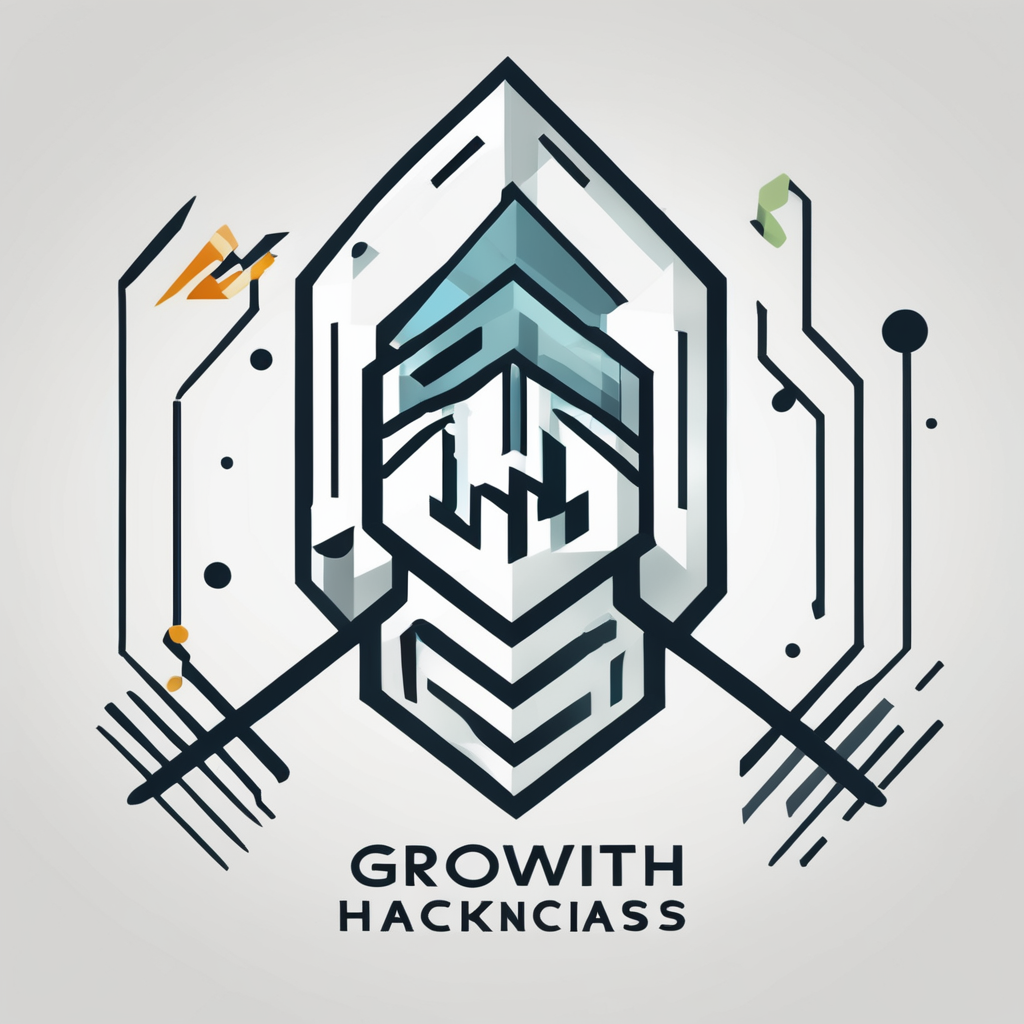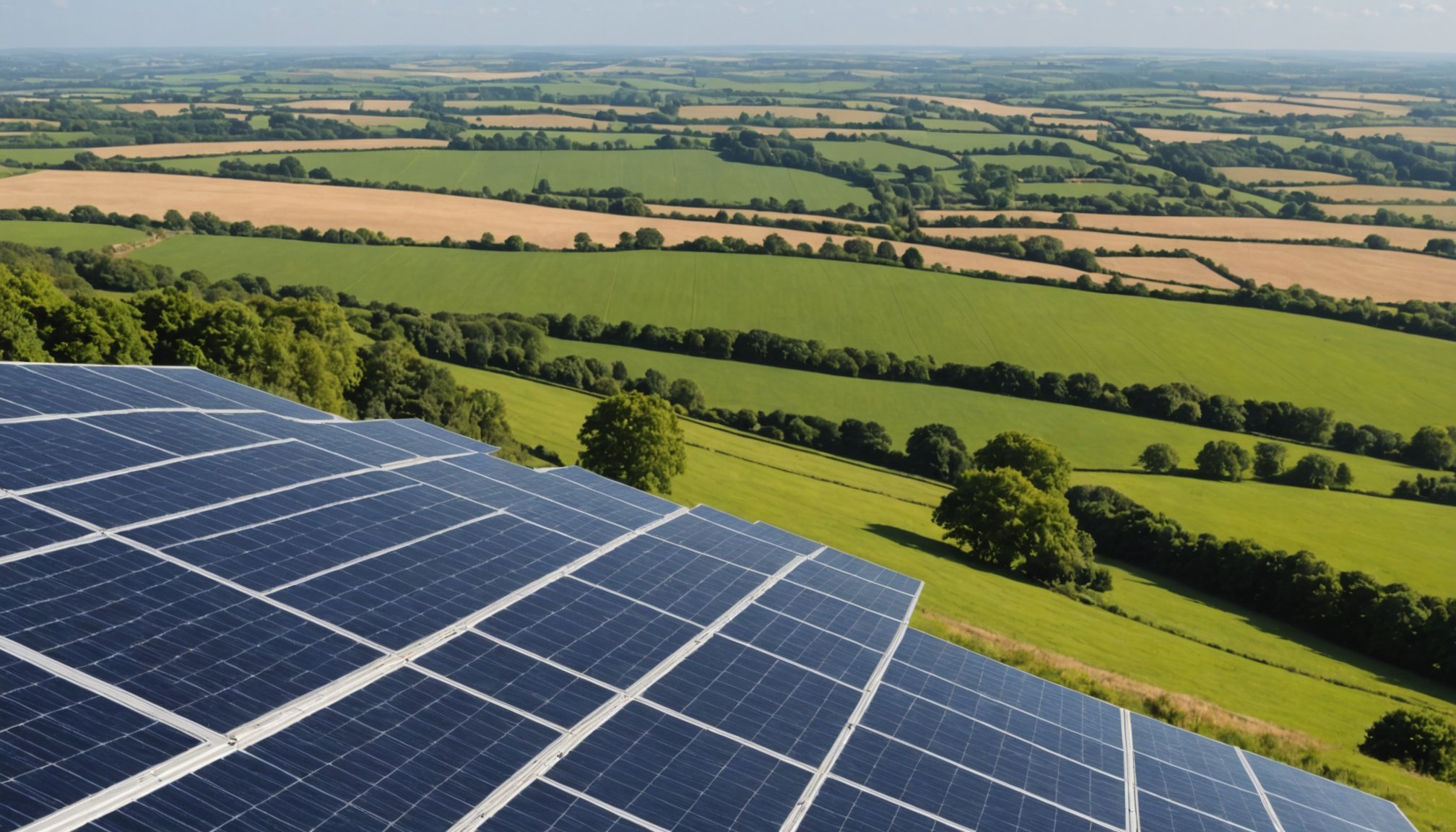Starting Your UK Renewable Energy Consultancy: A Complete Guide to Meeting Sustainability Standards
Why Choose a Career in Renewable Energy Consultancy?
As the world accelerates its transition to a greener future, the demand for experts in renewable energy consultancy is on the rise. If you’re considering starting a renewable energy consultancy in the UK, you’re not only contributing to a sustainable future but also tapping into a rapidly growing industry. Sonny Hudson, a Consultant at Climate17 UK, emphasizes the importance of this field: “The renewable energy sector is one of the fastest-growing industries worldwide, driven by the urgent need to combat climate change, reduce carbon emissions, and transition to a sustainable energy future.”
Understanding the Role of a Renewable Energy Consultant
A renewable energy consultant plays a crucial role in advising clients on the best ways to design, implement, and optimize renewable energy projects. Here are some key responsibilities and skills required for this role:
This might interest you : Launch Your Sustainable Subscription Box in the UK: A Guide to Eco-Friendly Packaging Compliance
Key Responsibilities
- Conducting feasibility studies and financial modelling
- Advising on technology selection and regulatory compliance
- Managing multiple projects and deadlines
- Providing strong analytical skills and attention to detail
Required Skills
- Strong analytical skills and attention to detail
- Knowledge of renewable energy policy, regulation, and market dynamics
- Excellent communication and presentation skills
- Ability to manage multiple projects and deadlines.
Building Your Team and Expertise
To establish a successful renewable energy consultancy, you need a team with diverse and specialized skills. Here are some key roles and expertise you should consider:
Grid Connections Engineer
- Designs and manages the connection of renewable energy projects to the electricity grid.
- Ensures compliance with regulatory standards and industry codes.
- Proficiency in electrical design software like AutoCAD, SolidWorks, or PVsyst.
Electrical Engineer (Renewables Projects)
- Works on designing electrical systems for renewable energy plants and managing their installation and commissioning.
- Optimizes performance and ensures reliable operation.
- Familiarity with SCADA systems, PLC programming, and protection systems.
Technical Advisors
- Provide technical support throughout the life cycle of renewable energy facilities.
- Conduct due diligence, technical site assessments, and design optimization.
- Ensure projects meet the highest standards of safety and quality.
Navigating Regulatory and Environmental Challenges
The UK’s regulatory environment for renewable energy is complex and evolving. Here are some key considerations:
This might interest you : Launching Your UK Tech Startup: A Complete Guide to Innovation and Government Funding Opportunities
Regulatory Compliance
- Understanding and complying with industry standards and codes is crucial.
- Familiarity with regulatory bodies such as the Department of the Environment, Climate and Communications (DECC) and the Sustainable Energy Authority of Ireland (SEAI) can be beneficial.
Environmental Impact
- Assessing the environmental impact of projects is essential.
- Ensuring that projects meet sustainability standards and minimize their carbon footprint is critical for long-term success.
- Applying ESG (Environmental, Social, and Governance) criteria can enhance the value of projects for investors and stakeholders.
Planning and Execution: A Step-by-Step Guide
Starting a renewable energy consultancy involves several steps, from planning to execution. Here’s a detailed guide:
Planning with Confidence
- Assess the feasibility of your projects from every angle.
- Choose the right site, technologies, and delivery model.
- Provide clarity on the economics of your investment and win approval from regulators and planning authorities.
Design Optimization
- Ensure your projects are designed to meet the highest standards of safety and quality.
- Conduct wind resource assessments and albedo studies to optimize energy efficiency.
- Use tools like LCOE (Levelized Cost of Electricity) analysis to ensure projects are economically viable in the long term.
Delivering with Certainty
- Navigate technical, regulatory, and environmental challenges to manage construction on time and within budget.
- Use technical innovation and creative thinking to maximize the benefits of projects.
- Ensure that your supply chain is sustainable and resilient, reducing the carbon footprint of your business.
Financial and Technical Support
Financial and technical support are critical for the success of your consultancy. Here are some ways to ensure you have the necessary support:
Financial Advisory
- Work with financial institutions and sponsors as a Lender’s Technical Advisor (LTA).
- Evaluate project characteristics from a financial and operational perspective.
- Provide due diligence services before construction and regular visits during the operation phase.
Technical Advisory
- Offer technical support throughout the entire life cycle of renewable energy facilities.
- Use digital tools like NUO to provide comprehensive project control.
- Ensure that infrastructure quality is maximized and risks are minimized.
Building a Sustainable Supply Chain
A sustainable supply chain is essential for reducing the environmental impact of your business. Here are some tips to help you build a green supply chain:
Local Sourcing
- Prefer local suppliers to reduce transportation-related carbon emissions.
- Engage with local businesses to support the local economy and reduce the carbon footprint of your supply chain.
Low Carbon Materials
- Use materials with a low carbon footprint in your projects.
- Opt for sustainable materials that are recycled or recyclable.
Energy Efficiency
- Implement energy-efficient practices in your operations.
- Use renewable energy sources like wind turbines and solar panels to power your facilities.
Case Studies and Success Stories
Looking at case studies and success stories can provide valuable insights into how other consultancies have navigated the challenges and opportunities in the renewable energy sector.
Vector Renewables
- With over 20 years of experience, Vector Renewables has managed projects in more than 40 countries.
- They provide technical, financial, and legal support throughout the entire life cycle of renewable energy facilities.
- Their expertise includes asset management, technical advisory, and legal advisory services.
Mott MacDonald
- Mott MacDonald has worked on programmes supplying more than 160GW of renewable energy worldwide.
- They offer services in planning, design, and delivery of renewable energy projects.
- Their expertise includes wind, solar, hybrid renewables, and energy storage.
Practical Insights and Actionable Advice
Here are some practical insights and actionable advice to help you on your journey:
Reduce Energy Consumption
- Implement energy-efficient practices in your operations.
- Use energy management systems to monitor and reduce energy consumption.
Increase Energy Efficiency
- Optimize the design of your projects to maximize energy efficiency.
- Use tools like LCOE analysis to ensure projects are economically viable in the long term.
Minimize Carbon Footprint
- Use materials with a low carbon footprint in your projects.
- Prefer local suppliers to reduce transportation-related carbon emissions.
Table: Comparing Key Roles in Renewable Energy Consultancy
| Role | Key Responsibilities | Required Skills | Salary Expectations (National Averages) |
|---|---|---|---|
| Grid Connections Engineer | Designs and manages grid connections for renewable energy projects | Proficiency in electrical design software, knowledge of renewable energy technologies | Entry-Level: £27,000 – £38,000 per year |
| Mid-Level: £40,000 – £55,000 per year | |||
| Senior-Level: £60,000 – £75,000+ per year | |||
| Electrical Engineer (Renewables Projects) | Designs electrical systems, manages installation and commissioning | Broad knowledge of electrical engineering principles, experience with renewable energy technologies | Entry-Level: £28,000 – £40,000 per year |
| Mid-Level: £45,000 – £65,000 per year | |||
| Senior-Level: £70,000 – £85,000+ per year | |||
| Renewable Energy Consultant | Conducts feasibility studies, advises on technology selection and regulatory compliance | Strong analytical skills, knowledge of renewable energy policy and market dynamics | Entry-Level: £30,000 – £45,000 per year |
| Mid-Level: £50,000 – £70,000 per year | |||
| Senior-Level: £75,000 – £100,000+ per year |
List: Key Steps to Starting a Renewable Energy Consultancy
-
Feasibility Studies: Conduct thorough feasibility studies to assess the viability of your projects.
-
Evaluate the economic, technical, and environmental feasibility.
-
Identify potential risks and opportunities.
-
Team Building: Build a team with diverse and specialized skills.
-
Hire experts in grid connections, electrical engineering, and technical advisory.
-
Ensure your team has the necessary skills and experience.
-
Regulatory Compliance: Ensure compliance with industry standards and codes.
-
Familiarize yourself with regulatory bodies and their requirements.
-
Obtain necessary approvals and permits.
-
Design Optimization: Optimize the design of your projects to maximize energy efficiency.
-
Conduct wind resource assessments and albedo studies.
-
Use tools like LCOE analysis to ensure projects are economically viable.
-
Financial Advisory: Provide financial advisory services to clients.
-
Evaluate project characteristics from a financial and operational perspective.
-
Offer due diligence services before construction and regular visits during the operation phase.
-
Sustainable Supply Chain: Build a sustainable supply chain to reduce the environmental impact of your business.
-
Prefer local suppliers to reduce transportation-related carbon emissions.
-
Use materials with a low carbon footprint.
-
Energy Management: Implement energy-efficient practices in your operations.
-
Use energy management systems to monitor and reduce energy consumption.
-
Optimize the design of your projects to maximize energy efficiency.
Starting a renewable energy consultancy in the UK is a rewarding and challenging journey. By understanding the key roles, navigating regulatory and environmental challenges, and building a sustainable supply chain, you can make a significant impact on the transition to a green business model. As Hudson notes, “As a graduate entering this field, you’ll be at the forefront of technological innovation, contributing to projects that will shape the future of our planet.”
By following the steps outlined above and integrating the practical insights provided, you can ensure your consultancy not only meets but exceeds sustainability standards, contributing to a low-carbon future and a healthier environment for generations to come. Remember, every step you take towards sustainability is a step towards a net-zero future, and your business can be a leader in this journey.


















